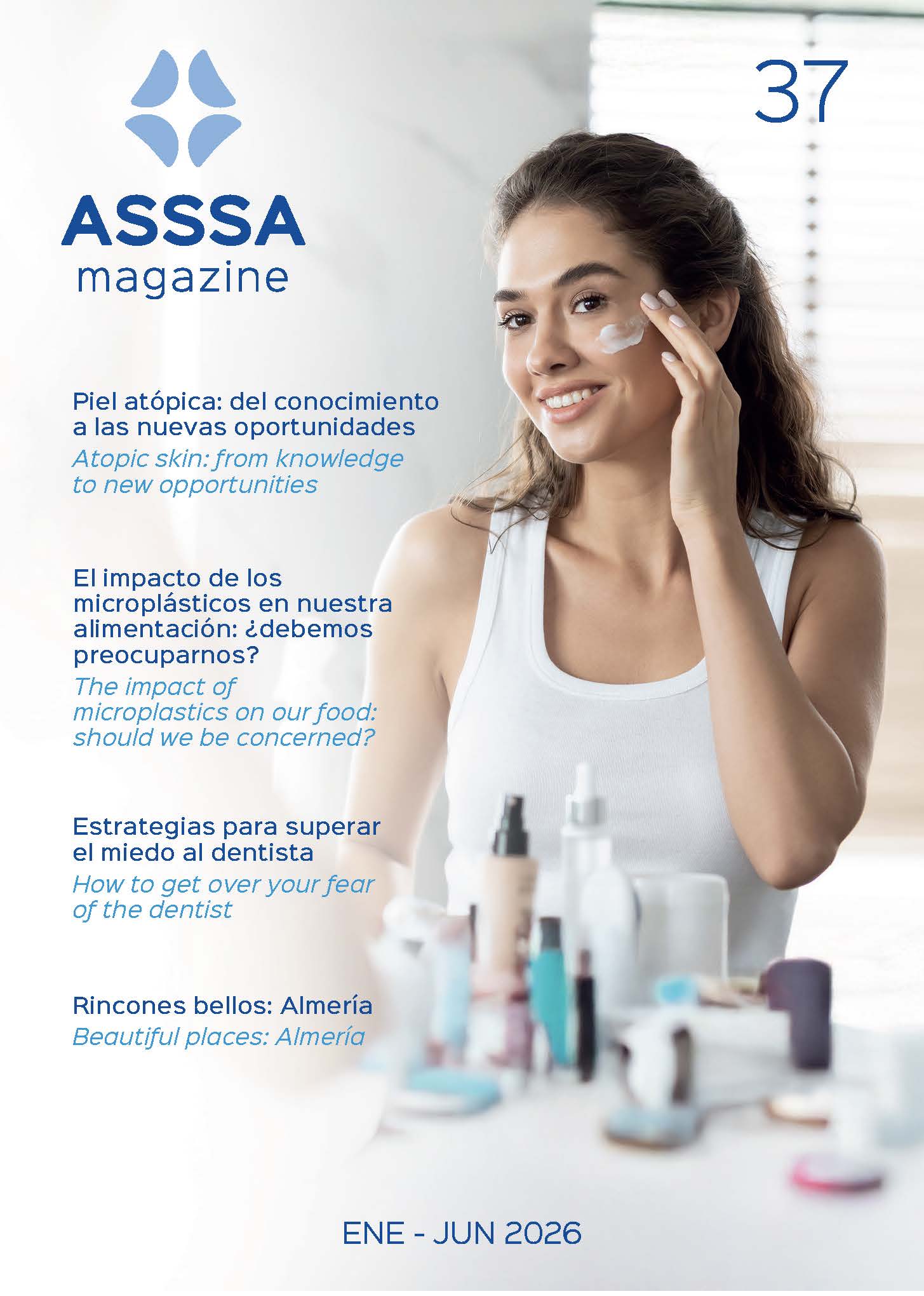
Sexual activity is accompanied by vascular changes involving the autonomic (or involuntary) nervous system. Sexual arousal causes the release of a neurotransmitter, nitrous oxide (NO) from the vascular endothelium (the layer of cells lining the inside area of blood vessels, including the heart). The vascular endothelium is a nitrous oxide (NO) secretor. Endothelial dysfunction (loss of correct endothelial function) is a characteristic feature of vascular diseases.
In the blood vessels of the penis, this nitrous oxide acts as a vasodilator messenger, stimulating the synthesis of a substance in the hollow bodies of the penis that makes the smooth vascular muscle relax, causing an erection. So, endothelial dysfunction will affect the NO mediating mechanism and result in erectile dysfunction.
It was found that 74% of patients with cardiovascular risk presented associated erectile dysfunction (ED).
ED is one of the most frequent chronic problems in males aged over 40, especially as it has been shown to be an early indicator of ischaemic cardiomyopathy. ED is regarded as synonymous with endothelial dysfunction, as a diseased endothelium that is unable to produce nitrous oxide (NO), or that degrades it rapidly as a consequence of arteriosclerosis, will cause erectile dysfunction (ED) in the penis and ischaemia in the coronary arteries.
Cardiovascular disease and sexual dysfunction share a high percentage of patients as they both involve a coincidence of underlying aetiology and risk factors (age, gender, hypertension, diabetes, hypercholesterolemia, smoking and depression). Added to this is the interaction between prescribed treatments. There are more than 200 pharmaceutical drugs that induce erectile dysfunction, many of which are used to treat cardiovascular disease, like diuretic and antihypertensive medication, and to treat depression.
The information published in this media neither substitutes nor complements in any way the direct supervision of a doctor, his diagnosis or the treatment that he may prescribe. It should also not be used for self-diagnosis.
The exclusive responsibility for the use of this service lies with the reader.
ASSSA advises you to always consult your doctor about any issue concerning your health.












